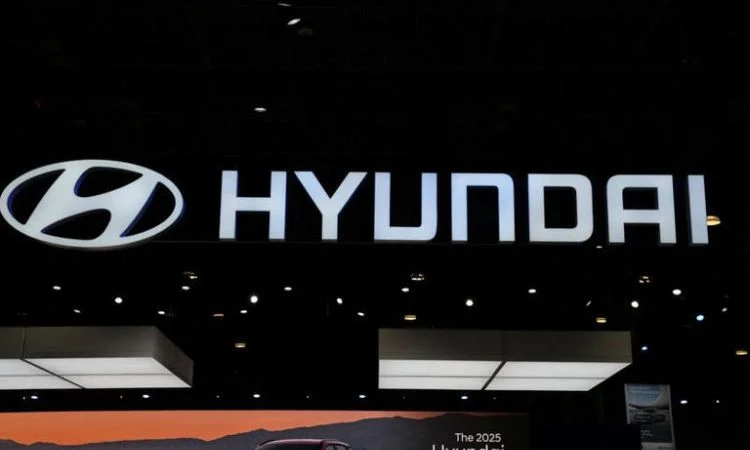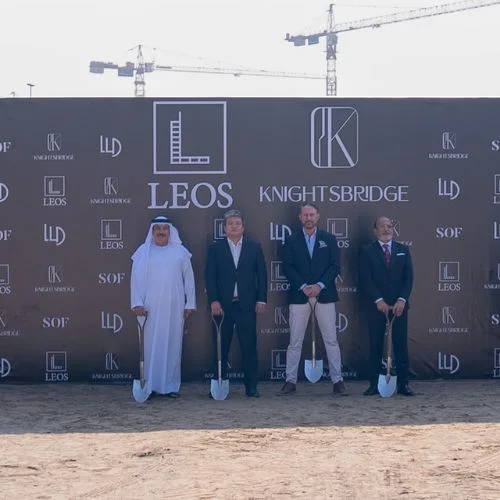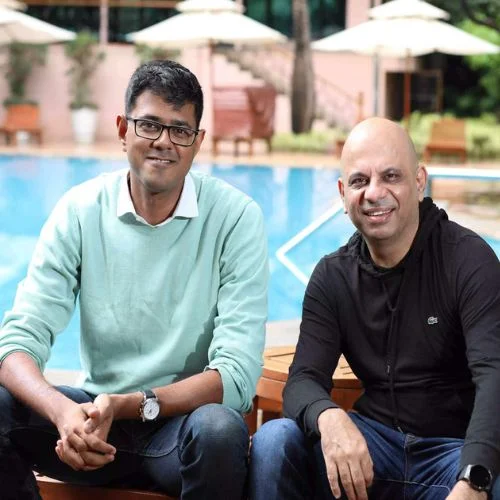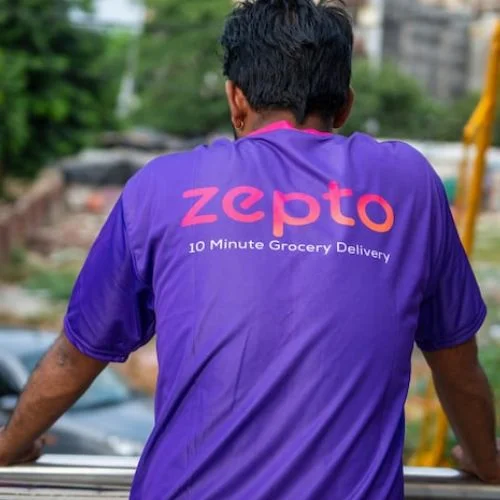Two of the biggest automobile manufacturers Hyundai and Kia have been signed an agreement with a local battery maker Exide Industries to overcome a major barrier to the increase of electric vehicles’ sales. As the report suggests, Hyundai and Kia are going to invest in Exide Energy Solutions in line with their plan to use lithium-ion batteries in their electric vehicles serviced in India.

This notable strategic alliance is the first step of Exide’s expansion into the strategic market which is booming — EV battery packs. The company is among the leading manufacturers of lead-acid batteries certifies for manufacturing batteries required by the conventional automotive industry as well as other applications. Lithium-ion batteries are now the inevitable technology not only because they generate electricity for most of the electric vehicles used in the global market, but also due to their efficiency and quick charging. On this condition, Exide is to be getting set up for making battery-forging device with capacity to match the needs of both Hyundai and Kia.
It explains that the new plant of Exide will be situated very close to Chennai due to this being the major auto manufacturing hub. Hence, the current site choice is highly pragmatic, since the automaker Hyundai and Kia have long been manufacturing cars in and around Chennai. There are plans to launch the battery production unit within two years from now, and the unit will employ cutting-edge lithium-ion cell and the pack thead technologies.
This is a mutual victory scenario for all the contracted organization. For Hyundai and Kia, this is the assurance of a steady and localized source of components needed for the EV’s production. They already have a localized supplier for the EV components now that they are increasing electric vehicle sales in the Indian market. From upscale SUVs to affordable sedans, Chevy and Kia are aiming high with their EV models covering all corners of the market. On the other hand Exide gains on the research expertise of the other two giants of the auto sector and thus the customer base also.
For the sake of efficiency, according to the free trade agreement, India will increasingly engage in indigenous production competent in the manufacture of automotive battery related advanced technologies. Instead of tending to importance, these collaborations can build the country’s own expertise in lithium – ion battery and other next-generation chemistries among many others. This is vital to make a localised supply chain ready that will bring down the cost as well which will make electric mobility adoption easy.
In all, Hyundai-Kia and domestic battery maker Exide come across a widespread deal on EV lithium-ion batteries with ease and at the level of the national level. Exide has already selected a new site near Chennai into consideration, which will also contribute to serve the EV batteries of both of the OEMs in a timely and effective manner for increasing local production among others.
It is the SV of the industry leaders to see the shift to EV trend through this partnership. The critical factor is the growth of such partnerships as the EV industry requires support throughout the value chain starting from batteries to vehicles, and charging amenities.















